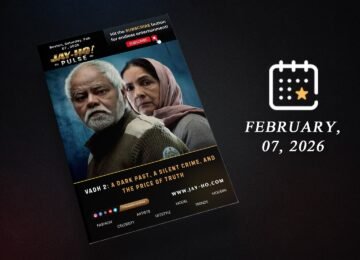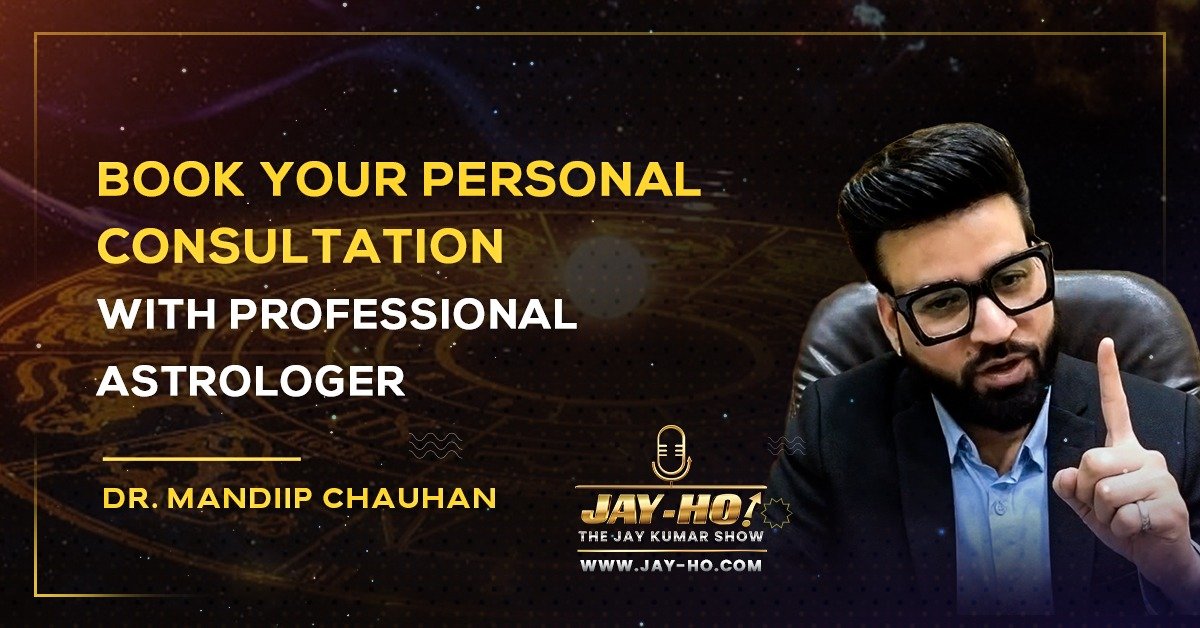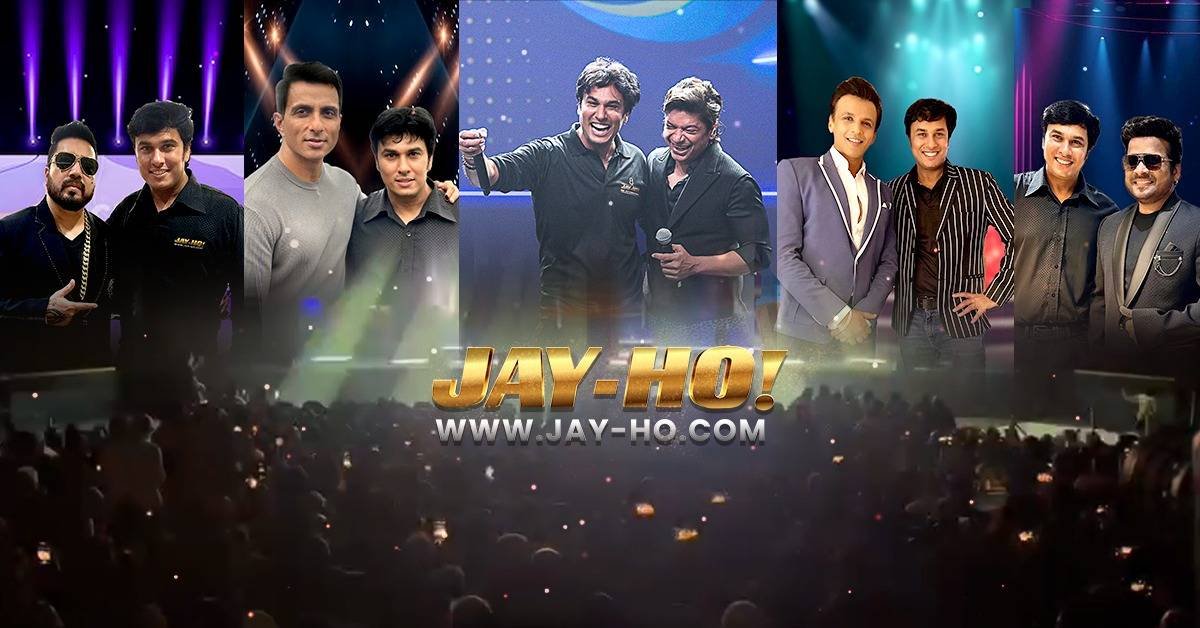Mismatched Season 3 continues to follow the lives of Dimple (Prajakta Koli) and Rishi (Rohit Saraf), who are now in a long-distance relationship, struggling to find a balance between their personal and professional lives. As they navigate new job challenges, personal losses, and a shifting relationship dynamic, this season attempts to go deeper than its previous seasons, touching on more complex issues. However, despite its bold attempts to tackle real-world themes, it sometimes feels like the show is growing older without truly maturing.
The Tech Twist: A Virtual Reality World
Technology has always played a central role in Mismatched, and in Season 3, it takes on an even more prominent role. The characters have moved from the familiar, smaller town of Jaipur to the bustling, tech-focused world of Hyderabad. Here, Dimple and Rishi’s relationship faces a new challenge as they live in separate cities—Dimple in Jaipur and Rishi in Hyderabad. The introduction of the “Betterverse”—a virtual reality designed by the characters—adds a futuristic layer to their relationship. As they struggle with the distance, their romantic interactions go virtual, with them meeting in a digital, dream-like world that doesn’t quite satisfy the longing for physical connection.
Rishi, wanting to close the distance between them, encourages Dimple to move to Hyderabad. But Dimple, still hurt from the rejection she faced from Nandini Nahata (Dipannita Sharma) in the previous season, is reluctant. This creates a thematic conflict between the virtual world and the real one. The characters question the authenticity of their online interactions—why does it not feel as satisfying as meeting face-to-face? This mismatch between expectation and reality becomes a key theme in the show, reflecting the confusion that many young people feel today as technology blurs the line between what’s real and what’s virtual.
New Characters and Storylines: Breaking New Ground
One of the standout additions in Mismatched Season 3 is Rith (Lauren Robinson), a queer hacker who navigates the Betterverse in search of a space where they can see themselves as a man, instead of the woman the world perceives them to be. This storyline brings attention to issues of gender dysphoria, and Rith’s journey feels authentic and meaningful. This arc is well-written and thoughtfully explored, thanks to the contribution of Gazal Dhaliwal, a trans writer known for her work on queer stories.
The season also introduces other important themes, such as body positivity, childhood trauma, and grief. A character even brings their dead father back to life through an AI chatbot to cope with loss, while another struggles to feel “real” despite excelling in the Betterverse. These subplots add depth to the show, making it feel more mature and grounded. While Mismatched continues to explore these complex themes, it doesn’t shy away from the challenges of modern life—work-life balance, miscommunication, and personal insecurities.
The Writers: Bold, but Sometimes Overwhelming
The writers of Mismatched Season 3—Gazal Dhaliwal, Aarsh Vora, Sunayana Kumari, Nandini Gupta, and Akash Jhunjhunwala—continue to push boundaries. The previous season took risks by addressing difficult topics, and Season 3 does the same, bringing in more mature, relevant themes. These themes are explored in a way that isn’t just surface-level but delves into the emotional struggles of the characters.
However, while the writers have certainly elevated the show in terms of tackling deeper, more complex issues, there’s a lot to unpack. The show introduces so many themes at once—gender identity, grief, body image, social justice—that it can sometimes feel overwhelming. These issues are handled with sensitivity, but the sheer volume of them makes it difficult to fully absorb each story arc. At times, it feels like the show is trying to do too much, leaving the viewer struggling to keep up.
The Characters: Still Struggling to Grow
While the show tackles complex issues, it struggles to make its characters feel fully fleshed out. Rohit Saraf and Prajakta Koli, who play Rishi and Dimple, respectively, are still charming, but they often lack the emotional depth needed to handle the weighty material. Their performances occasionally feel flat, especially when dealing with the more intense emotional scenes. The same goes for other main characters like Muskkan Jaferi and Abhinav Sharma. While they show potential, they don’t fully convey the emotional complexity that these storylines demand.
The lack of a strong directorial presence also hurts the show. In previous seasons, Akarsh Khurana served as the director, and his guidance gave the series a clear voice. In Season 3, however, the absence of a singular vision leads to a lack of cohesion. The shift in setting from Jaipur to Hyderabad is one example where the change feels jarring. The tone of the show doesn’t always match the heavier themes it explores, which causes the show to sometimes feel out of place.
Mismatched: A More Mature Love Story
One of the more successful elements of Season 3 is the mature love story between Siddharth (Rannvijay Singha) and Zeenat (Vidya Malvade). Their relationship is grounded in real-life issues that come with age and experience. Unlike the younger characters who are still figuring out who they are, Siddharth and Zeenat have already been through life’s ups and downs, making their relationship feel more authentic. The actors bring years of experience to their roles, which makes their love story stand out as one of the most believable in the series.
A Show That’s Growing, but Not Quite Maturing
Despite its attempts to mature, Mismatched feels like it’s growing older without actually growing up. The show’s treatment of issues like sex, identity, and relationships is still somewhat juvenile. For example, it still hesitates to show the act of sex in a way that reflects the recklessness and confusion often felt in one’s mid-20s. It’s as if the show is afraid to take the next step and fully embrace its more mature themes.
As Dimple concludes at the end of the season, “Love is when what you want is what you need.” This perfectly encapsulates the show’s struggle—while it wants to mature, it still lacks the depth and direction necessary to truly grow up. The characters may be getting older, but they still need a more convincing narrative to guide their transition into adulthood.
Mismatched Season 3 shows promise but falters in execution. The show’s exploration of modern issues and its attempt to blend technology with relationships make it more interesting than its earlier seasons. However, its characters and performances fail to live up to the complexity of the storylines, and the show still struggles to find its voice amidst all the noise. It’s growing, but it’s not quite there yet.






















